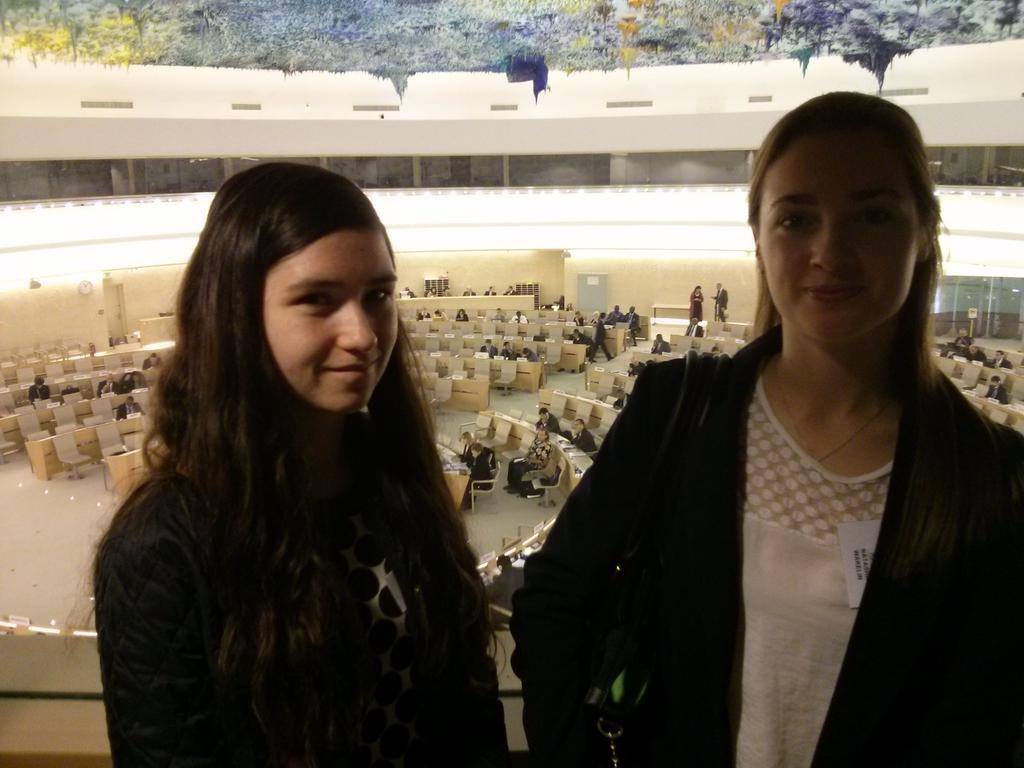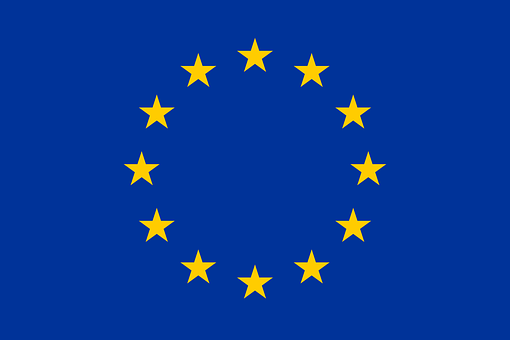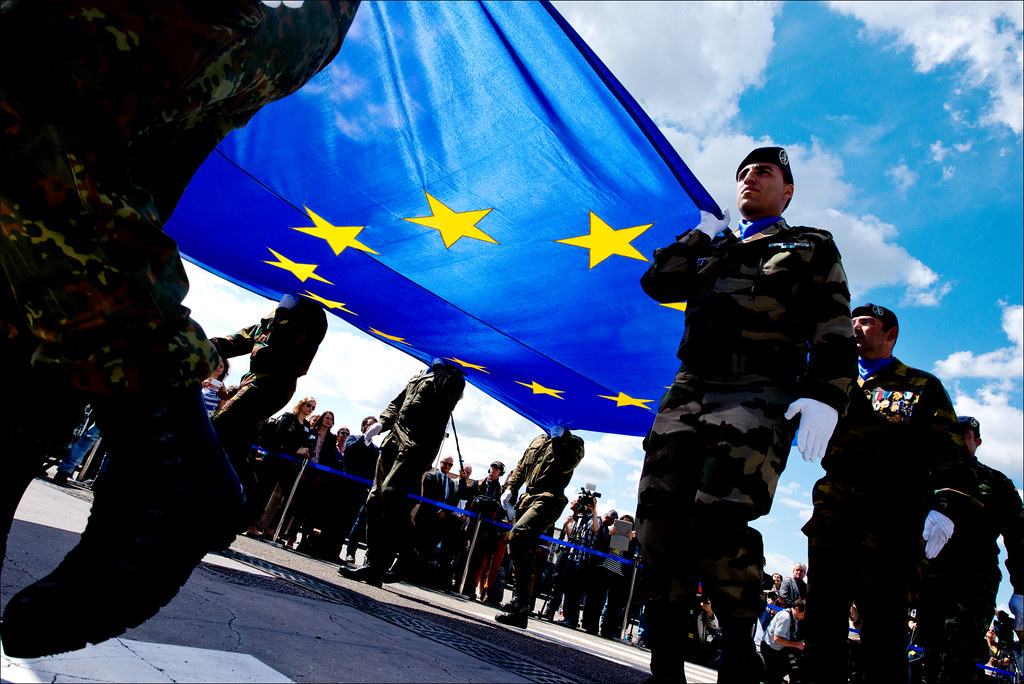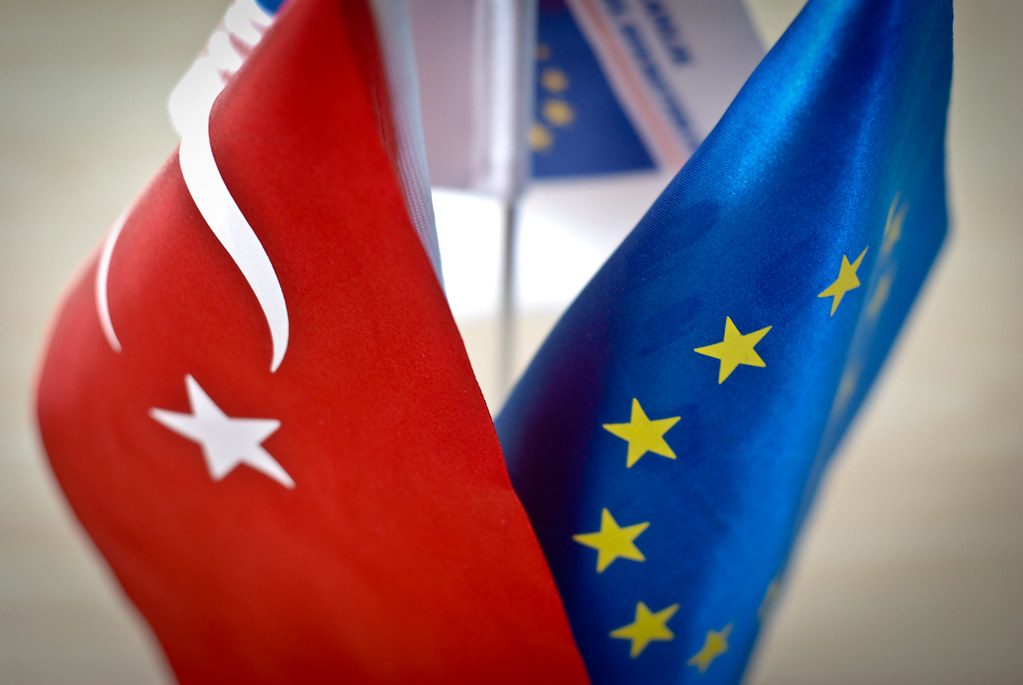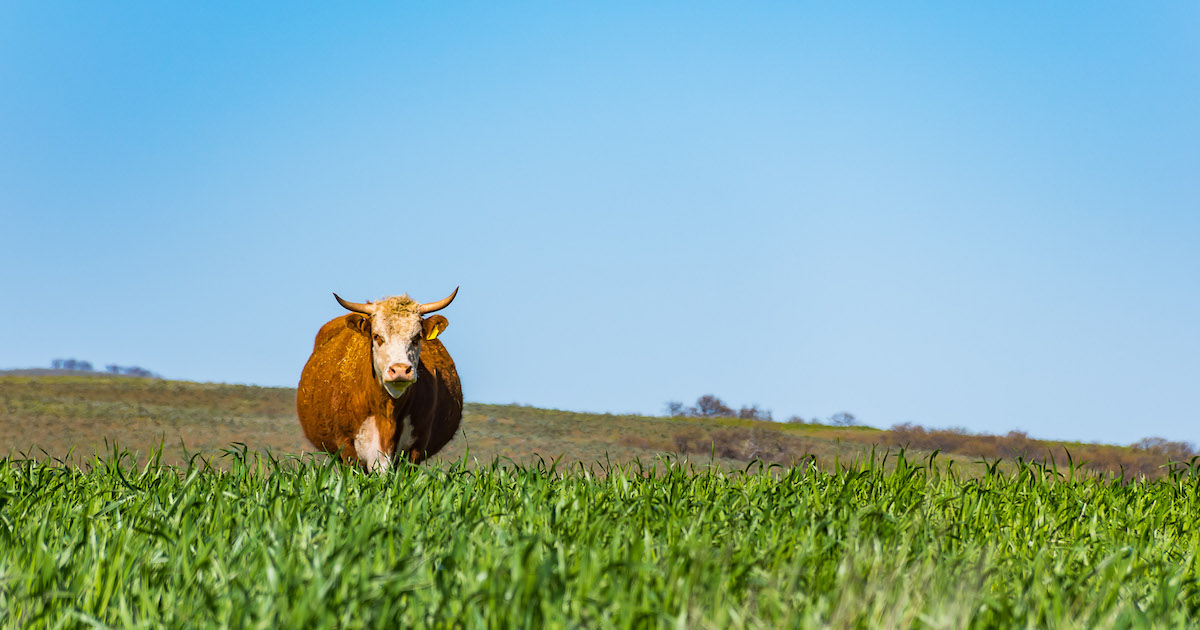The University of East Anglia offers a range of opportunities, in collaboration with international organisations, for our students to undertake internships and study visits of international bodies. Natasha Wakelin reports back on her recent experience.
I was one of two students in the school of Politics, Philosophy and Languages to be selected to attend a study tour on in Geneva with The European Atlantic Movement (TEAM). TEAM, an independent non-party political educational foundation, aims to promote an understanding and discussion of world affairs amongst young people. The five day trip was unique, thought provoking and inspirational. I have gained an insight into a wide range of careers, met likeminded people from a variety of backgrounds, and been equipped with the knowledge necessary to make an informed decision on whether I would like to work for these international organisations.
The organisations we visited included the World Health Organisation (WHO), The International Committee of the Red Cross (ICRC), United Nations High Commission for Refugees (UNHCR), Democratic Control of Armed Forces (DCAF), United Nations Palais des Nations, EU delegation to the UN, and the Graduate Institute for International Relations. At each organisation we were able to explore, often having a guided tour, lunch, and visiting museums. We then received talks from distinguished figures on topics such as the eradication of Polio (Cristina Del Pueyo Rodriguez, WHO), ‘International Law: Problems, Prospects and Current Issues’ (Tim Caughley, EU delegation to UN), and ‘How Humanitarian Law Faces the Threat of Terrorism’ (Ellen Policinski, ICRC).
These presentations were informative and intriguing, leading to lively question and answer sessions. The opportunity to question these knowledgeable figures about topics of interest to me and on their role within these international organisations was my favourite part of the trip. Listening to the views and experiences of these senior figures in such an intimate environment was both engaging and inspirational, prompting a good sense of direction and clarity in my own ideas. I was also able to speak with some of the speakers afterwards and ask them specific questions, give them my CV, and follow them up with email contact regarding internships and graduate schemes.
The study tour group in itself was a unique collection of likeminded, internationally focused people with a range of different origins, nationalities, degree institutions and courses, ages and experiences. As a politics and international relations student, it was very beneficial to meet law students, and conceive of the international system from a legal perspective. Meeting and talking to the more senior members of the group was also valuable, as we had occupations such as humanitarian worker, former diplomat, teacher, head teacher and county councillor. Once scheduled activities were completed, the evenings were spent in restaurants and bars where a particularly inclusive atmosphere helped strong links to be formed, many of which I’m confident will last long into the future. Due to the nature of the tour, all participants shared a common interest in international affairs but formed a diverse and unique group.
In sum, this trip was of value on in many different ways. It was educational, inspirational, clarifying, thought provoking and conducive to networking. I learnt a lot, I mused even more, and I returned to university with a refreshed outlook and fueled ambitions.
Natasha Wakelin is a third year Politics and International Relations undergraduate student at the University of East Anglia

